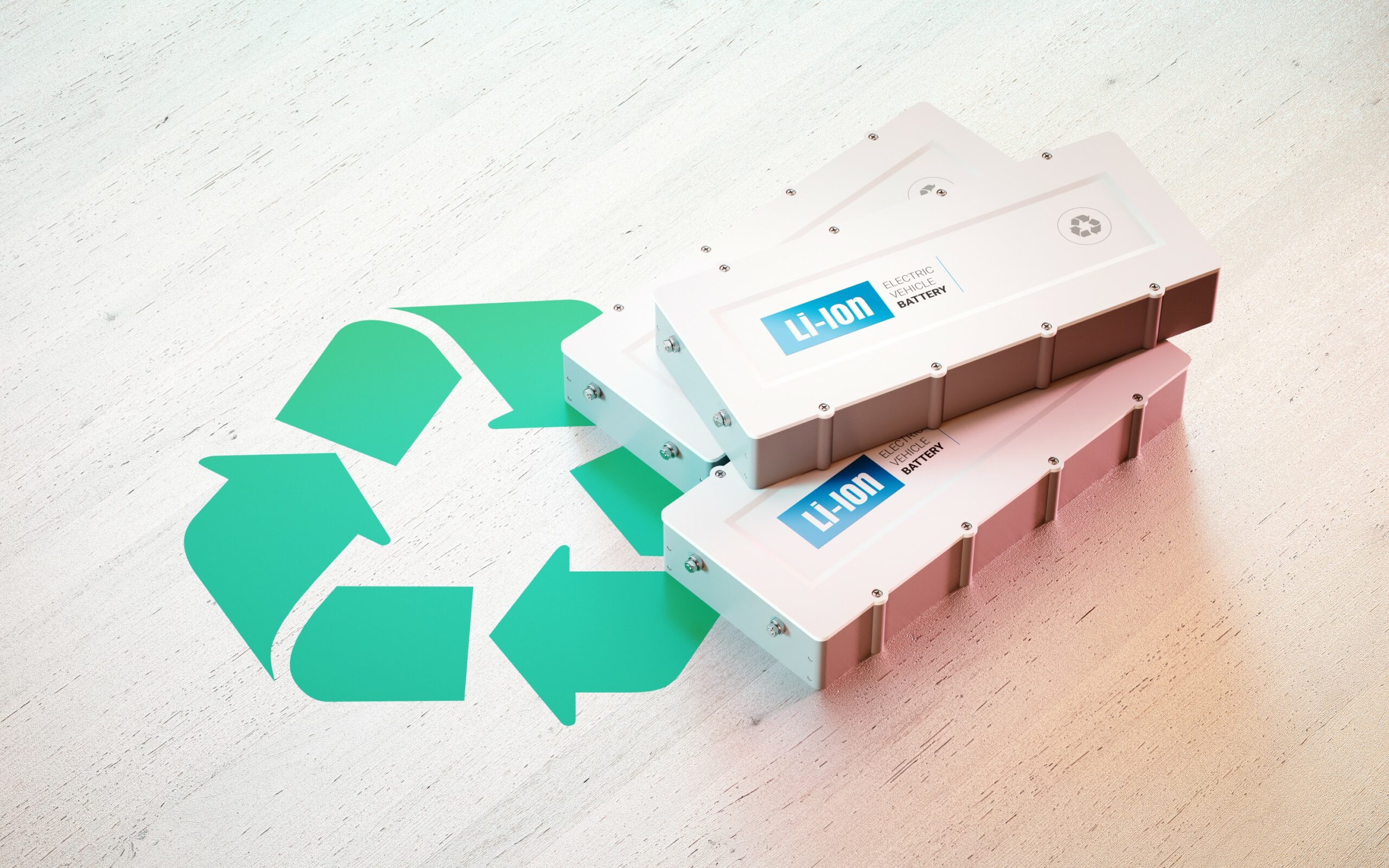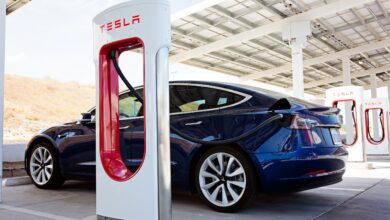Many people believe in myths about lithium-ion batteries, company says
Common misconceptions include failure to understand how electric vehicles operate

Although Americans generally are adopting a more positive attitude toward lithium-ion batteries and electric vehicles, many misconceptions and myths exist about them, according to Ascend Elements, a maker of sustainable lithium-ion battery materials.
The company says the greatest number of misunderstandings are about the recycling of batteries for electric vehicles.
Read More »The company is changing that approach by establishing an infrastructure that would render it unthinkable to allow a lithium-ion battery to go to a landfill, he says, adding that they are simply too valuable to be added to a landfill.
Lin bases his comments on a survey conducted by Ascend Elements, which is based in Westborough, Massachusetts.
More positive approach
The initial set of findings in the poll indicate that the attitude that people are adopting toward electric vehicles is more positive than it was only three years ago.
Nearly half of Americans now believe that electric vehicles will outsell those cars that are powered by gasoline in their lifetimes.
Most agree that electric vehicles are better for the environment than are cars that are powered by gasoline.
Most also say that electric vehicles will save them money over the time during which they own the vehicle.
Widespread misunderstanding
In another set of findings, however, the poll revealed that many Americans have a false understanding of how lithium-ion batteries should be recycled.
The survey indicates, Lin says, that there is a need for improved education of consumers about lithium-ion batteries across the industry as well as on best practices for recycling batteries.
The poll found that:
• A third of Americans wrongly believe that lithium-ion batteries can be recycled in a household recycling container.
• More than a quarter believe it is acceptable to place used lithium-ion batteries in the household trash.
These views are wrong, Lin says. Lithium-ion batteries should never be placed in the household recycling bin or in the trash.
The survey responses help to explain why explosions and fires sometimes take place in recycling centers and waste management facilities, he adds.
Used lithium-ion batteries should be dropped at collection points that are authorized, he explains. Many can be found at big-box hardware stores.
If you want to find the nearest drop-off location to where you live he suggests checking the call2recycle.org website.
Eleven misconceptions
Other findings in the survey—all of which are misconceptions, according to Ascend Elements—are:
• Four out of 10 American consumers say the lithium-ion batteries in electric vehicles are not “greener” than internal combustion engines.
• Half of consumers say that if they own an electric vehicle it will mean waiting in a long line at a charging station.
• Half of consumers believe that electric vehicles are more expensive to repair than conventional vehicles.
• Almost half of consumers believe that too many electric vehicles on the road will overwhelm the electric power supply.
• Four out of 10 consumers think that electric vehicles are too slow and too small when they are compared with cars that are powered by gasoline.
• More than half of consumers say that lithium-ion batteries in electric vehicles do not offer as much mileage as do engines in internal combustion cars.
• More than half of consumers are worried about what will happen to all those lithium-ion batteries in electric vehicles once they reach the end of their lives.
• Almost half of consumers believe that electric vehicles will cause landfills to become swamped with old lithium-ion batteries.
• Four in every 10 consumers believe that the batteries that are placed in electric vehicles are more dangerous than gasoline that is carried the tanks of vehicles that operate with gasoline.
• Almost four in every 10 consumers believe that the lithium-ion batteries that are used in electric vehicles come from mining techniques that are destructive to the environment.
• Nearly half of consumers believe that the U.S. fails to be competitive when it comes to the manufacturing of electric vehicles that run on lithium-ion batteries.





